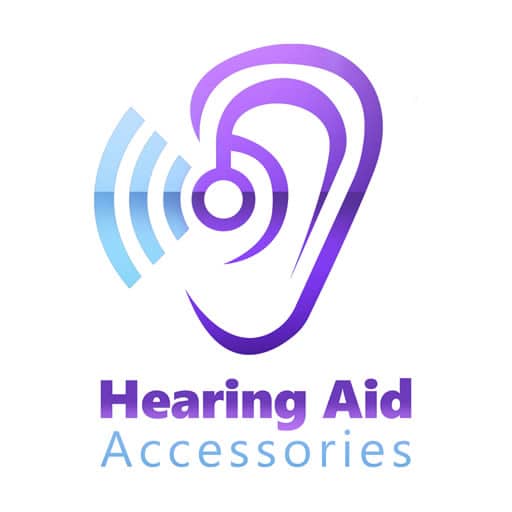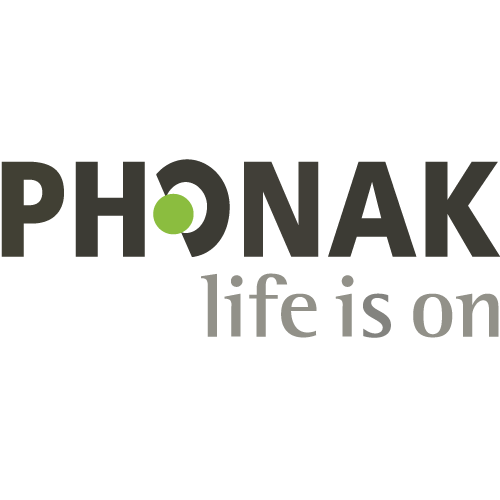Prevalence of Dementia Among the Hearing Impaired
Over the years, significant evidence has been found which suggests that there is a link between hearing loss and cognitive decline. Mild hearing loss is thought to double the probability of dementia occurring, while moderate hearing loss increases the risk three times. The statistic about severe hearing impairment is even more staggering: it is estimated that people impacted by this level of deafness are five times more likely to develop a form of dementia.
While it is quite clear that there is a link between hearing impairment and cognitive decline, the exact reason as to why this is the case is not known. Continuous research into the matter is being conducted by various institutions and different suggestions have been made regarding the connection between deafness and cognitive issues.

What Theories Have Been Proposed?
Increased Cognitive Effort
Hearing loss is thought to increase the cognitive effort required to process speech due to the disrupted sensory input requiring the brain to work harder in order to be able to process sound. It has been hypothesized that the cognitive load increase then leads to changes in brain structure and neurodegeneration.
Atrophy of the Brain
Another factor that could explain the link between the two conditions involves the possibility of brain atrophy occurring because of hearing impairment. The lack of auditory input is thought to result in understimulation of the cells and the brain shrinking as it is no longer required to work in order to process sound.

Hearing Loss: A Harbinger of Dementia
There has been evidence suggesting that hearing loss could be a precursor to Alzheimer dementia. As central auditory processing is vulnerable to neural degeneration, its deterioration may be among the earliest signs of cognitive impairment onset.
Abnormal Proteins in the Temporal Lobe
The recent work of a research team from Newcastle University has suggested that a key aspect of the relationship between dementia and hearing loss is related to the memory centres positioned inside the temporal lobe. As this part of the brain is responsible for both long-term memory and manipulation of auditory information, it is being considered that changes that occur in the brain as a result of hearing loss might cause the presence of abnormal proteins that can trigger Alzheimer’s disease.
Lack of Social Engagement
Hearing loss often causes social withdrawal in impacted individuals due to the hardships that they face when partaking in conversations, especially when a lot of background noise is present. The reduction of social and cognitive stimulation can have significant negative effects on mental health, leading to conditions such as depression and anxiety. It is believed that this process might lead to deterioration of auditory signal processing.

Other theories about the connection between deafness and cognitive decline include the possibility of a common mechanism leading to both (without the two conditions interacting or causing each other), and misdiagnosis of hearing loss as dementia.
Impact and Prevention
Hearing loss is thought to be responsible for over 8% of dementia cases, meaning that it could possibly account for 800,000 of the almost 10 million new cases reported each year.
Treating the hearing impairment at its early stages is considered to be a key aspect of dementia prevention. Research is currently being conducted into the usage of hearing aids and how it can help preserve cognitive health and reduce the risk of dementia occurring.

Remaining socially engaged is also thought to promote cognitive health and delay the onset of dementia. There are various ways for the hearing impaired to stay socially active. Using various assistive listening devices along with appropriate hearing aids can be a great step in that direction. Such pieces of technology can majorly improve individuals on the deafness spectrum’s listening experience in various environments and situations, thus completely transforming the way in which those with hearing loss interact with the world.
Are you currently experiencing deafness and looking for an effective way to remain social? Why not explore our brilliant range of assistive hearing devices and accessories? Click here to take a look!









